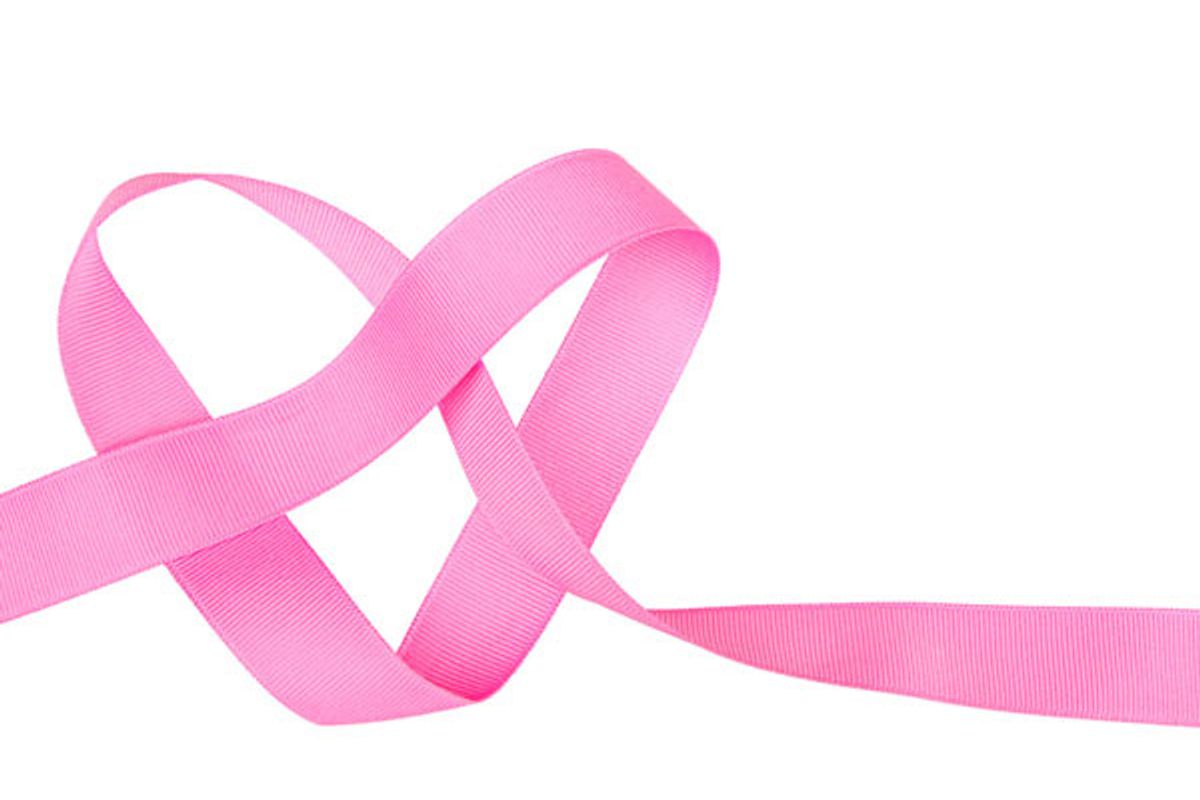If you've just learned that you have breast cancer, your sex life may be the last thing on your mind. But as you move through surgery and treatment, it is definitely worth thinking about how you can maintain and preserve your sexuality. That's because sex is so closely tied to intimacy. Having cancer can be lonely enough; you need the touching and loving that comes from intimacy now more than ever. Plus, sexuality helps you maintain a sense of normalcy, health and vitality, all of which are so important when dealing with a serious illness.
There's no denying that cancer, regardless of the type, can have a huge impact on your sex life. The worry and fear alone may make you less interested in sex, not to mention the side effects from treatments and the healing process after surgery.
But breast cancer brings special challenges. To many women, the breasts are an important part of their sexual identity. Even if your breast cancer was discovered early and removed with breast conserving surgery rather than a mastectomy, studies find little difference when it comes to your sex life. The good news, however, is that women undergoing lumpectomy report fewer body image problems and greater feelings of sexual attractiveness. Unfortunately, that doesn't translate into more sex. Even women who had breast reconstruction after their mastectomies did not report an increased interest in sex.
Breast surgery, of course, is just one component of treatment. Medications designed to reduce or stop the production of estrogen in premenopausal women such as tamoxifen or toremifene (Fareston) can cause vaginal changes, such as drier, thinner tissue that is more likely to tear and cause painful intercourse. Aromatase inhibitors, which are increasingly used in treating early breast cancer in postmenopausal women, also can worsen vaginal dryness and contribute to sexual problems. Chemotherapy drugs can lead to weight gain, hair loss and skin changes that may affect your self-esteem and reduce your libido. Plus, the intense fatigue that often comes with cancer treatment can make sex last on your list.
Also, recognize that recovering from cancer—physically, emotionally and sexually—takes time. In one survey of 50 women one year after breast surgery, 80 percent said they either had no desire or reduced sexual desire. The women found that their illness affected their relationships, with one-third saying the main cause was related to feelings of physical inadequacy
I urge you to talk with your partner about these changes in your body and how they make you feel. If you don't feel like having intercourse, communicate that clearly, but let your partner know that you still love and value him or her and that you still want—and need—to be touched and cuddled during this phase.
One study found that women with breast cancer felt more comfortable talking about sexual problems with their partner than with a therapist. However, if you want to talk with a therapist, ask your doctor or oncology nurse for a referral to one who specializes in working with cancer patients.
You deserve a healthy sexual life as much as you deserve to be healthy.






